I'm sorry in japanese language 119290
1 Ohayou gozaimasu (kanji お早うございます, hiragana おはようございます)This greeting is how you would say "good morning" in Japanese The kanji 早 used here means "morning" The greeting also reflects a common tendency in Japanese expressions, phrases, and verbsBasically, the longer the phrase, the more formal it isYes, さようなら (sayounara) is goodbye in Japanese in the literal sense But, unlike what Hollywood would have you believe, Japanese people almost never use it In fact, it can lead to a bit of confusion or awkwardness if you end your conversation with さようなら The reason is さようなら is like saying "goodbye forever"Published in Bahasa Jepang, Blog, JLPT ged Kurang Beruntung) Japanese Language, unfortunately / Sayang Sekali, あいにく(ainiku) I'm Sorry Post navigation Previous Previous post 40 Kata Sifat Dalam Bahasa Jepang
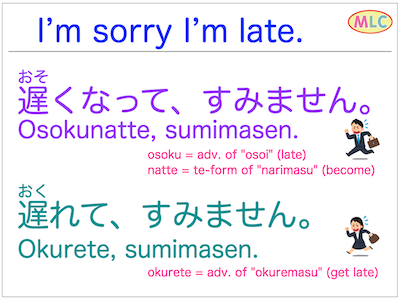
I M Sorry I M Late Mlc Japanese Language School In Tokyo
I'm sorry in japanese language
I'm sorry in japanese language- This is the standard way to say "sorry" in Japanese, and you can use it in most situations ごめんなさい ( gomen nasai) is the polite way to say "I'm sorry," but you can make it more casual, too Switching it to ごめん ( gomen, masculine) or ごめんね ( gomen ne, feminine) makes it more casual and lighthearted for minor issues I'm sorry for being late ・お待たせして申し訳ございません。 Omataseshite moshiwake gozaimasen I am deeply sorry to have kept you waiting Announcing How Late You Will Be If you notice you are going to be late or may be late, it is imperative to phone or message your Japanese counterpart to warn them in advance
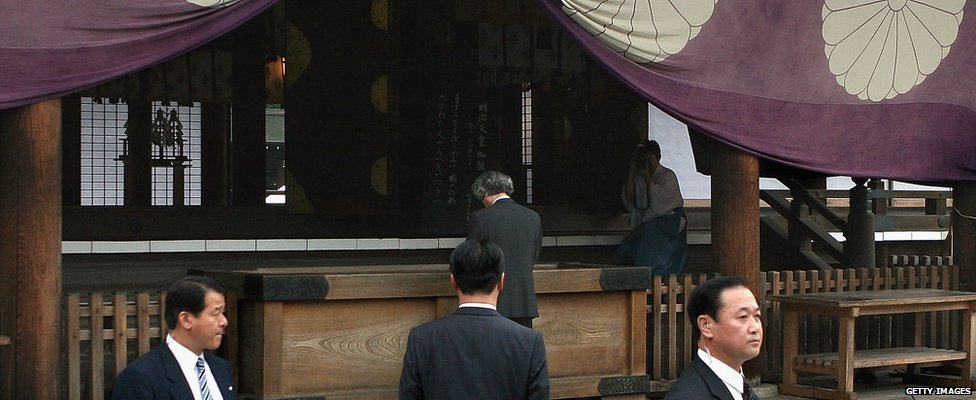



The Many Ways To Say Sorry In Japanese c News
Answered 3 years ago Author has 334 answers and 3529K answer views For a foreigner that doesn't know the language, the correct answer is すみません、わかりませんです (sumimasen, wakarimasen desu) which in context means "I'm sorry, I do not understand" A casual way to apologize is with the use of gomen You can make this phrase more polite by saying gomen nasai のせいで、ごめんなさい It was my fault, I am sorry Between very good friends, Japanese people will use slang warui warui or warukatta Warui means "bad", which can be translated to "my bad" in English In English, you either say "sorry" or "apologies" In Japanese, there are at least different ways One of the most casual and most frequently used words is "gomen" ごめん
So far, you've learned to be very polite in Japanese, but at some point you may need to express your anger If you feel mistreated or annoyed, you can simple say " atamanikuru" (I'm angry) (頭にくる)It means literally, "it gets to my head" This is a safe phrase to use because it's a direct way to express your angerThe Japanese language lesson offered here is an excerpt from Transparent Language's Japanese software program The Basic Japanese Phrases and the Japanese Phrases for Meeting and Greeting will lead you to the Japanese Dialog at the end, which shows how these survival phrases are used in conversational Japanese Single click on the phrase to hear the Japanese Namiko Abe is a Japanese language teacher and translator, as well as a Japanese calligraphy expert She has been a freelance writer for nearly years our editorial process Namiko Abe Updated One of the most popular phrases in any language is probably "I love you" There are many ways to say, "I love you," in Japanese, but
The most polite way to say I'm sorry is to say sumimasen Sumimasen has many meanings but basically they all mean the same thing You can use sumimasen as excuse me too Sumimasen Kore wa ikura desu ka?ごめんなさい Gomennasai Sorry (polite) If you are speaking to a close friend, you can get away with a casual ごめん " gomen " or ごめんね " gomenne " instead Another very common way to say sorry in Japanese is " sumimasen " Japanese people use SUMIMASEN all the time They can't get through the day without it SUMIMASEN has many different meanings "I'm sorry", "thank you" and to get someone's attention It might be




3 How To Say Sorry Differences Native Way Japanese Ammo Youtube




Apologizing In Japanese すみません Sumimasen I M Sorry Coto Japanese Academy
Japanese is one of the easiest languages to ask questions in—so ask away! But, you should only use this to correct others As in, "no, I'm not a native Japanese speaker, but thanks" Don't use it to refuse things By the way, you should also HEAR real Japanese pronunciation So, while you read this lesson, listen to this FREE Japanese Audio Lesson It's a bit unrelated but you will learn Japanese greetings In Japanese, this phrase is written "黙れ" If you really want to make an impression, try rolling the r sound at the end of the word This can be used in Japanese to give great emotion or emphasis to a word This, too resembles the Spanish rolled r sound




I M Sorry Expression Of Various Apologies In Japanese Japanese Language Lesson Youtube
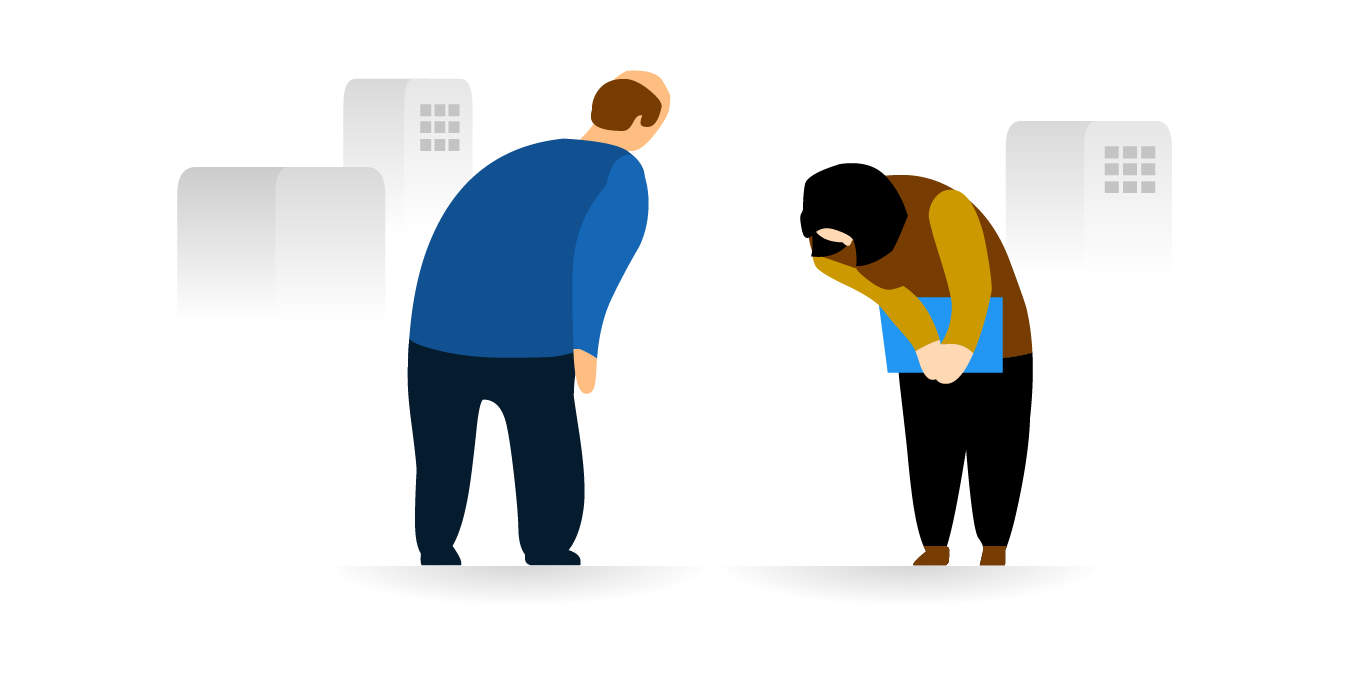



My Apologies How To Say Sorry In Japanese Lingualift
Some have already answered your question but I will add my own because I've seen unclear information in other answers and want to clear it up For reference, I've studied Japanese for over 10 years and regularly engage with Japanese people and con Here is the translation and the Japanese word for Sorry, I'm busyGoogle's free service instantly translates words, phrases, and web pages between English and over 100 other languages




Sign Apologize To Him Japanese Sign Language Sign Language Language




Saki Centre Let S Learn New Phrases Sharing Is Caring Don T Forget To Like Our Page Sakicentre Japanese Language Institute In Delhi Learnjapanese Studyjapanese Japaneselanguage 日本語 Kanji Nippon Japaneselesson Japanesewords
#1 こんにちは (konnichiwa) "Hello" in Japanese "Hello" in Japanese is likely an expression you've heard in the past, even if you haven't ever studied the language before But this isn't the expression you'd use with close friends or family1 ごめんなさい — Sorry This is definitely the most common way to apologize in Japanese and is a sort of catchall term Generally, if you use this phrase in a situation that calls for a different apologetic phrase, most Japanese speakers will know what you mean Here is the translation and the Japanese word for Sorry I'm late すいません遅れました Edit Sorry i'm late in all languages




How To Say Sorry In Japanese Apologize The Right Way Japanese Tactics




3 How To Say Sorry Differences Native Way Japanese Ammo Youtube
Here's a list of translations Japanese Translation ごめんなさい Gomen'nasai More Japanese words for sorry 痛恨 adjective Tsūkon regretful, explanatory, rueful, apologetic, apologetical かわいそうで adjective ご愁傷さまです go shuushou sama desu For example お母上が亡くなられご愁傷さまです I'm very sorry about your mother's death Regarding sending something, there is a special custom in Japan called 香典 {こうでん} giving money to remaining family members with the purpose of offering it to the departed soul In English, you either say "sorry" or "apologies" In Japanese, there are at least different ways One of the most casual and most frequently used words is "gomen" ごめん




8 Ways To Say I M Sorry In The Japanese Language




55 Cute Ways To Say Sorry And Apologize
미안하다 is a verb that means 'to be sorry', and this is made up of the noun 미안 (mian) which means 'sorry' and the verb 하다 (hada), which means 'to do' When we say 'I'm sorry' in Korean, we don't use the pronoun 'I' If we're saying sorry on someone else's behalf, then we need to say who we're saying sorry for Japanese people usually bow rather than shake hands or hug when they meet people Bowing called "Ojigi お辞儀" is an essential element of Japanese culture It is the most common body language used with every single greeting such as "Hello", "Thank you", "I'm sorry", "Excuse me" and "Please"Then this lesson is for you!
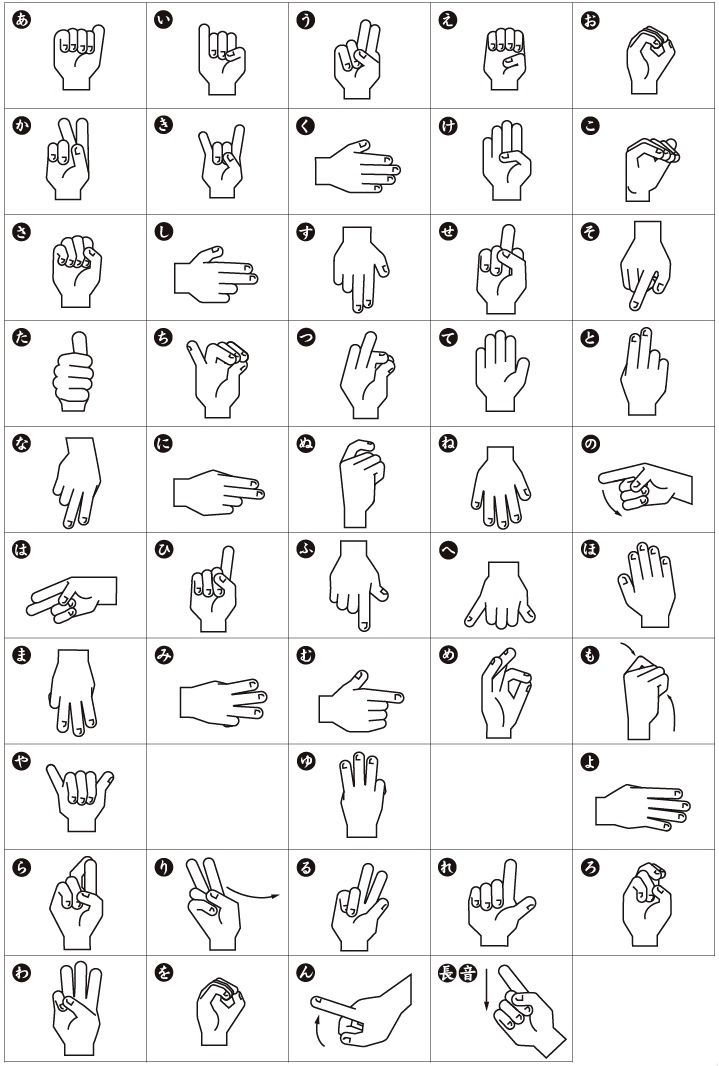



Japanese Sign Language And Being Deaf In Japan
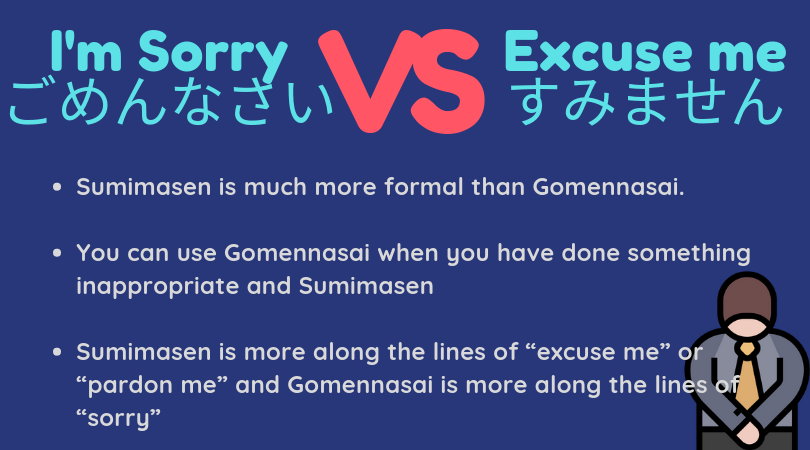



Sumimasen Vs Gomennasai The Battle Of The Apologies
1 Answer1 I've always seen the difference as a perception or colloquial difference "I'm sorry" is used specifically when the speaker regrets an action or situation "Excuse me" is used in a number of nonapologetic scenarios For example, when trying to get someone's attention↓ Check how below ↓Step 1 Go to https//googl/ors9dPStMy apologies How to say sorry in Japanese Japan is a country where ostensive humility prevails over and above over almost any other social norm Japanese people appear to say some variant of the word 'sorry' at almost every juncture during their day—even when they
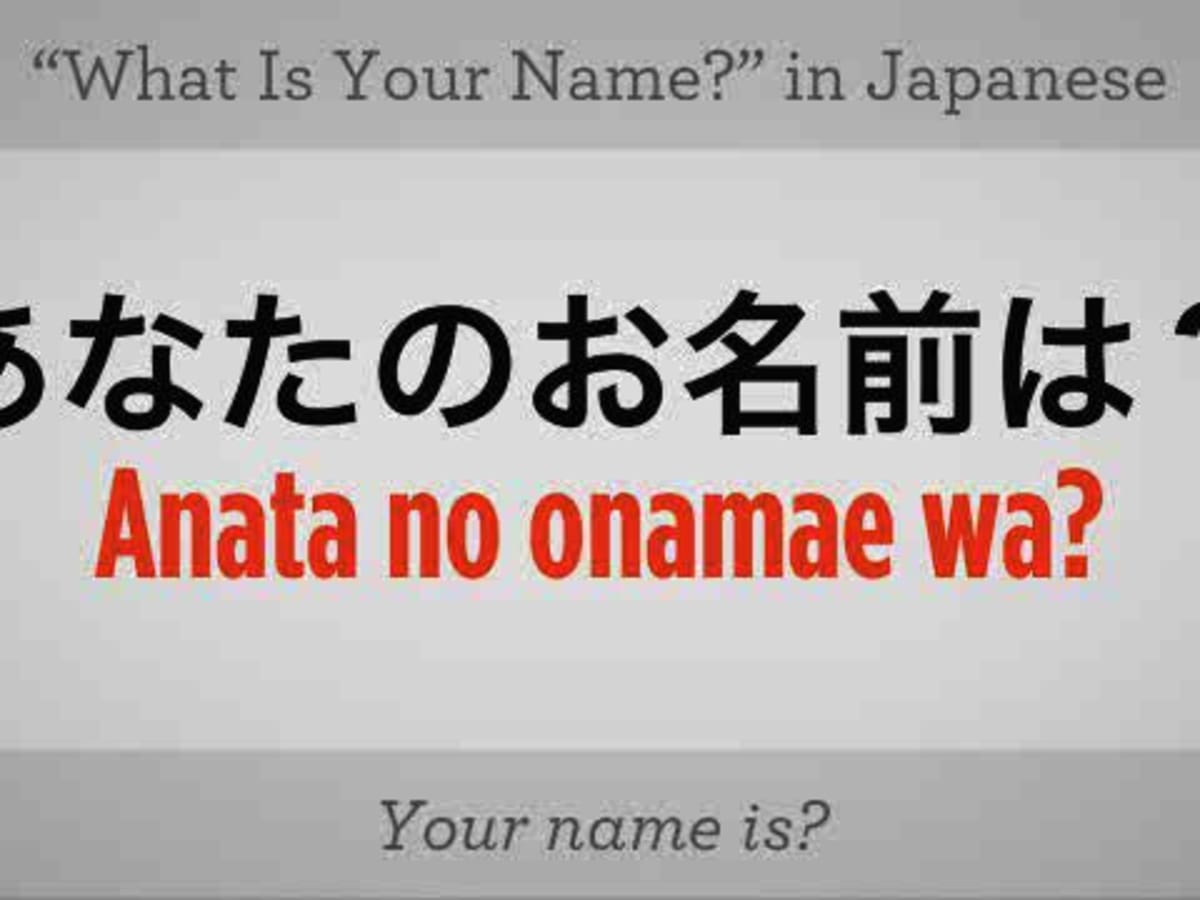



How To Ask What Is Your Name In Japanese Howcast




How To Say I M Sorry Japanese Lessons Youtube
すみません。 It is probably the most common phrase used to apologize Some people say it as "Suimasen (すいません)" Since "Sumimasen (すみません)" can be used in several different situations (when requesting something, when thanking someone etc), listen carefully to what the context isI am Sorry in all languages Sorry and Thanks are the two words that you can't escape from Here we are posting how to say sorry in different languages ( Also learn how to say Thank you in 40 different languages here – by clicking the link)Tired of the "textbook speech" and want to learn the native way?




Top 5 Funny Japanese Body Language Gestures Learn Japanese Cantonese Mandarin
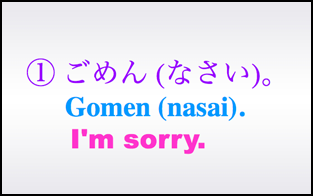



Japanese Phrase Lesson ごめんなさい How To Apologize In Japanese Punipunijapan
I'm sorry but example JA 恨むらくは volume_up I'm sorry to trouble you example JA 申し兼ねる volume_up I'm sorry to trouble you {noun} Next time you reach out with an apology, make sure to show your sincerity by including an apology bouquet to make the message heard Here's how to say sorry in 50 languages and their accompanying pronunciations Make sure to say "sorry" correctly, no matter where you are in the world Afrikaans " Jammer " Albanian " Më vjen keq "In order to make a question in Japanese, just add ka to the end of any sentence On top of that, though, there are a few question words that will make your conversations go a lot smoother




Pin On Japanese Language Learning For Chunky And Me




1 4 Excuse Me I M Sorry Japanese Conversation Youtube
Excuse me, how much is this?)~~~This time we'll learn several different ways to say "SorryAs discussed in Top 10 Etiquette Mistakes in Japan, there are two golden rules for apologising in Japanese 1) If it's your fault apologize 2) If it's not your fault, apologize I'm half joking but Japanese people tend to apologize more frequently than westerners
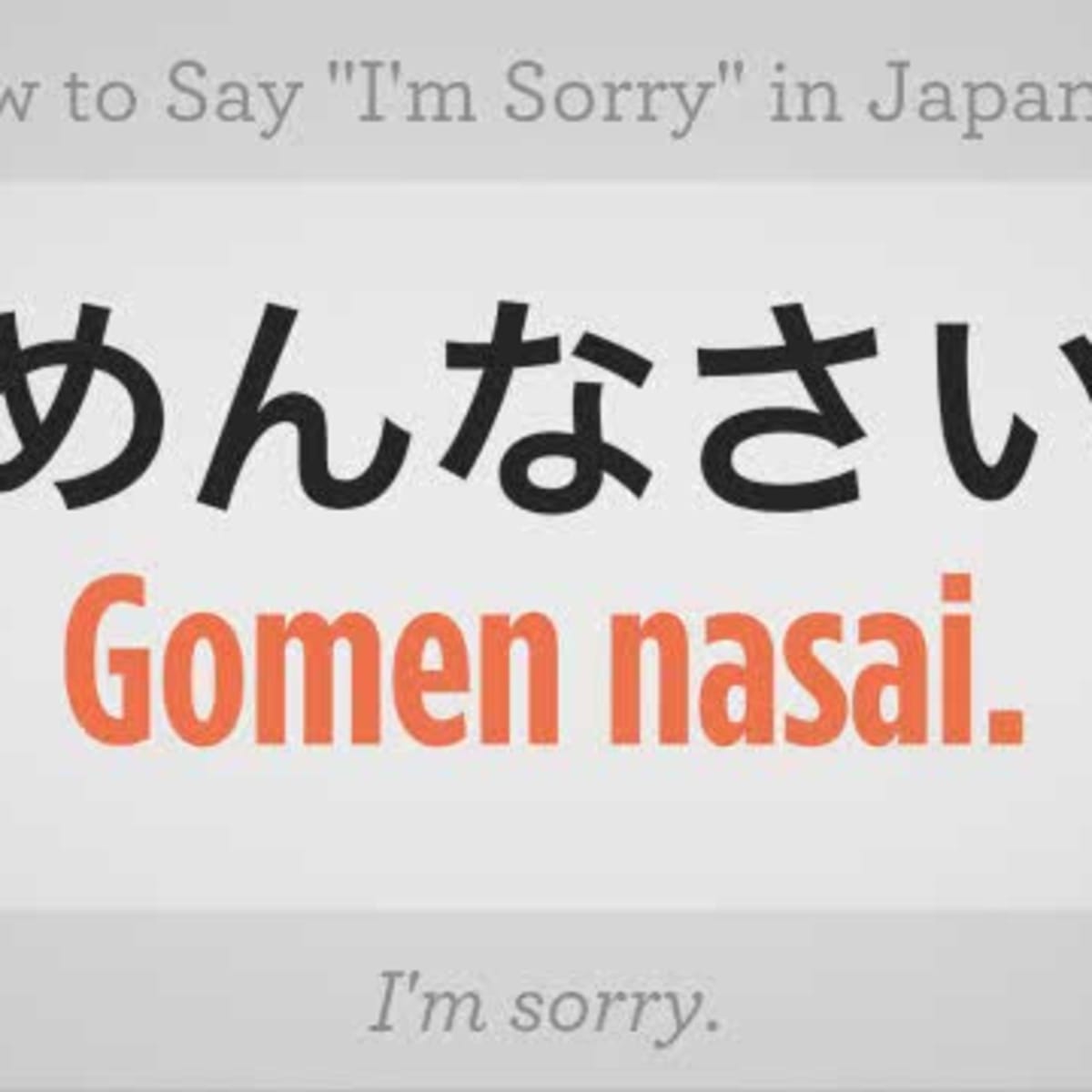



How To Say I M Sorry In Japanese Howcast




Day 67 Of 365 Gomen Ne I M Sorry Softer Slang Version Of Sorry Formal Way Is To Say Sumimasen Learn Japanese Japanese Words Japanese Language Learning
Pronunciation Tip In Japanese, syllables aren't stressed as they are in many other languages Instead, Japanese syllables are differentiated by the pitch of your voice The same word said with different pitches can take on different meanings, so listen to Japanese people say any word you want to learn and mimic their tones exactlyWe cover many Japanese phrases and Japanese greetings at JapaneseUp Today, in this post, you'd learn the right way to say hello in Japanese Japanese Greetings to Say Hello in Japanese First, know that even though hello is a common greeting in English, there isn't really an exact translation in the Japanese languageSumimasen can also be used as thank you




Sorry In Japanese Learn How To Properly Apologize In Japanese




Image About Me In Nice Words By Ritsu On We Heart It
Saying "I'm sorry" isn't always an easy thing to do especially in an international environment To avoid committing a social faux pas, one important part of social interactions in Japan is knowing how to apologize, especially if you have offended someone📚https//googl/ors9dP Download your free eBook including the secret to learning 1500 Kanji easily!Search Tips and Pointers Filter word Enter a keyword in the search box to see a list of available words with the "All" selectionClick on the page number if needed Click on the blue link to look up the word For best result, enter a parial word to see variations of the word




8 Ways To Say I M Sorry In The Japanese Language
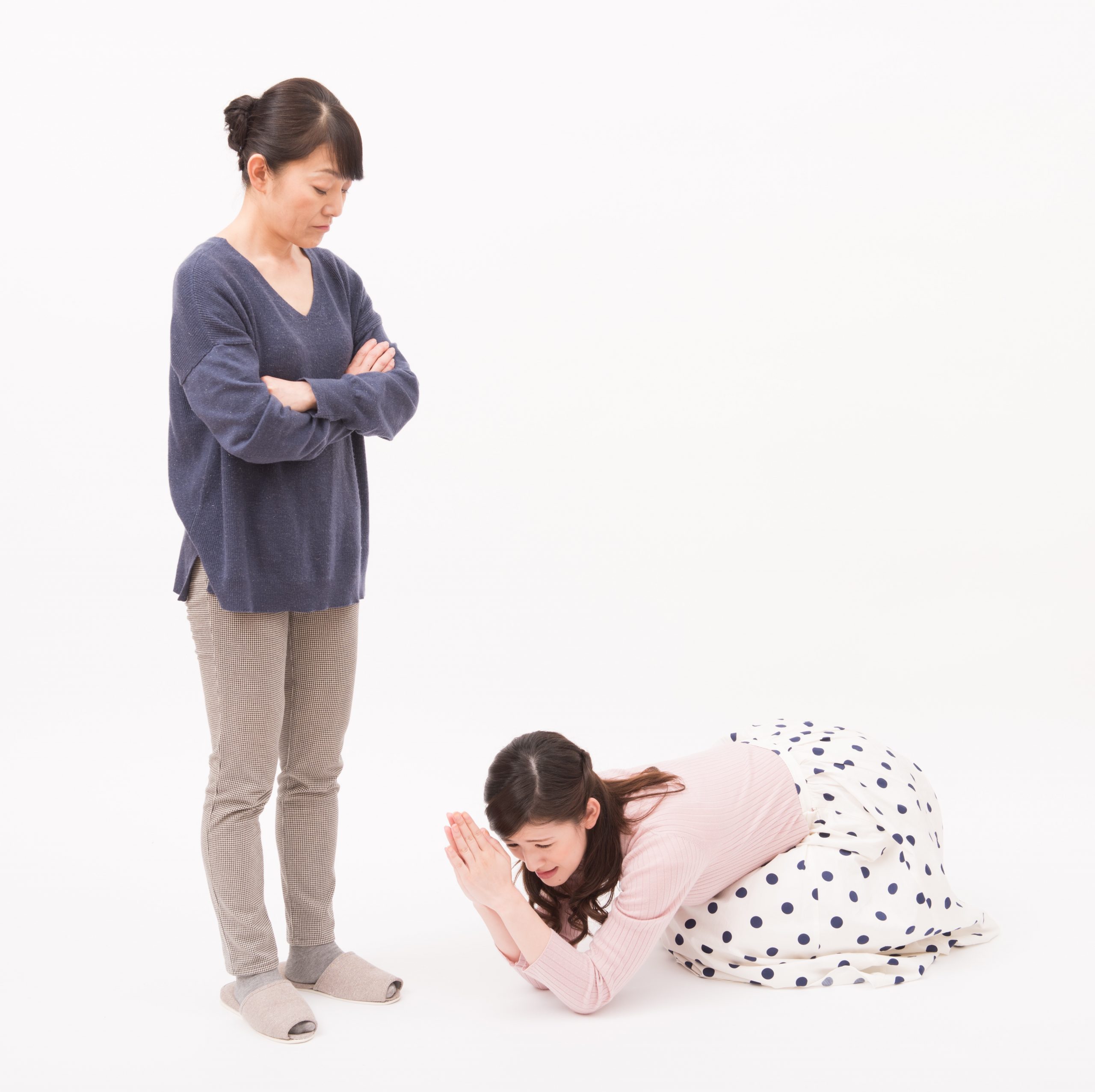



Sorry In Japanese Learn How To Properly Apologize In Japanese
One might think it is simple to say "thank you" in Japanese, but in reality, it isn't so easy I can't tell which Japanese phrase I use more often on a daily basis "sumimasen" or "arigatou," the former meaning "I'm sorry" and the latter "thank you"In Japanese, the line between these two phrases is a gray area as I will explain laterSorry in many languages How to say sorry or the equivalent in many different languages Note that the usage of this word various from language to language and culture to culture In the UK, for example, people say sorry a lot, even when someone else is at fault Jump to phrases Click on any of the phrases that are links to hear them spoken Gomen ne (ごめんね) – I am sorry or Gomen nasai (ごめんなさい) – I am sorry This one is a typical expression when you just want to say, " I am sorry Gomen (ごめん) – Sorry Just like when you use say "sorry" in English, this is a shorter version




150 Japanese Words And Phrases You Need To Start Speaking Now
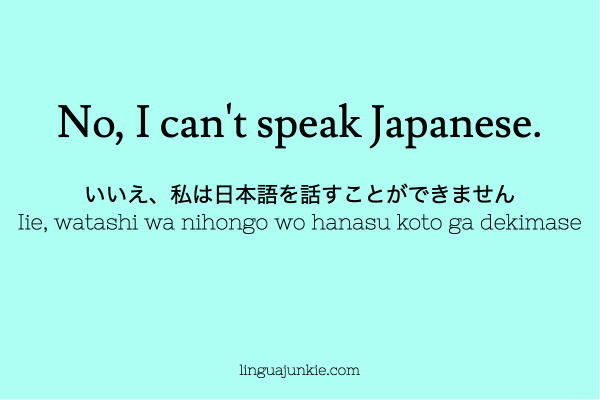



Ways To Say No In Japanese Language Lesson
And if you want to learn more words and phrases in Japanese, try Drops!I'm sorry Japanese Translation ごめんなさい Gomen'nasai More Japanese words for I'm sorry 失礼しました phrase Shitsureishimashita I'm sorry 御免なさい interjection 1 Answer1 Active Oldest Votes 1 Add the です on the end and your sentence makes sense and is appropriate 私の漢字はだめです。 If you want to say "sorry for writing in hiragana only", you're close ひらがなでかきますから、すみません。 (Literally, "because I'm writing in hiragana, sorry about that")




I M Sorry In Japanese Art Board Print By Japanhorizon Redbubble




Sumimasen Vs Gomennasai The Battle Of The Apologies
1 Sumimasen Sumimasen is one of the most common words in spoken Japanese It's often used as a mild apology If you bump into someone on the subway use sumimasen 2 Shitsurei Shitsurei can be translated "I am rude" It's an informal and mild apology




I M Sorry I M Late Japanese Japanese Language Mlc Facebook
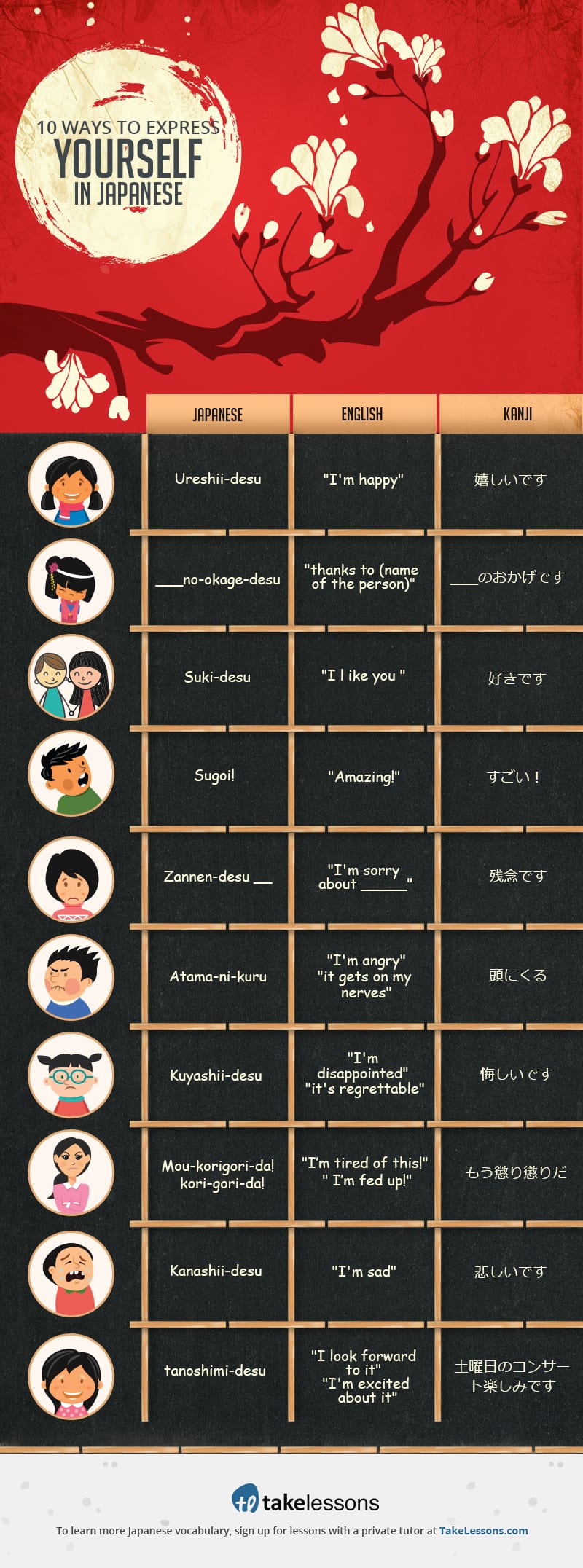



Japanese Vocabulary 10 Ways To Express Yourself




How To Say Sorry In Japanese 10 Useful Phrases Wanderingtanuki




150 Japanese Words And Phrases You Need To Start Speaking Now
/TC_2028066-i-love-you-in-japanese-5ae9d97eff1b780036c033db.png)



Learn How To Say I Love You In Japanese




Learning Japanese Language Plaza Homes




Infographic How To Apologize In Japanese Japanesetest4you Com




10 Great Free Apps For Studying Japanese




Sumimasen Gomennasai The Various Ways To Apologize In Japanese
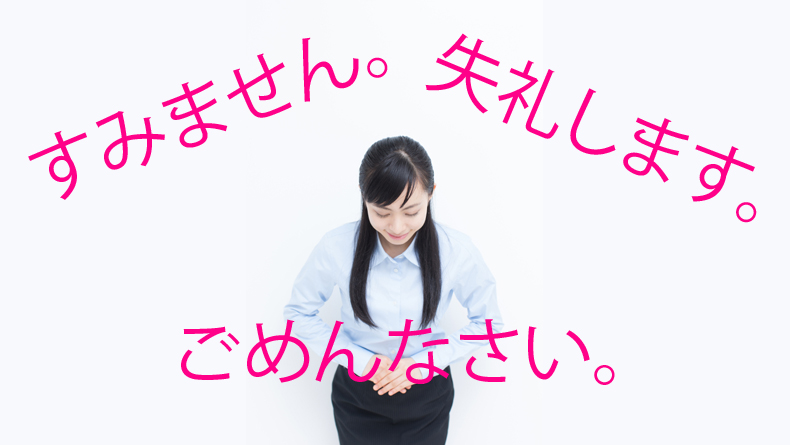



Easy Japanese For Apologizing Savvy Tokyo




How To Say Sorry In Japanese
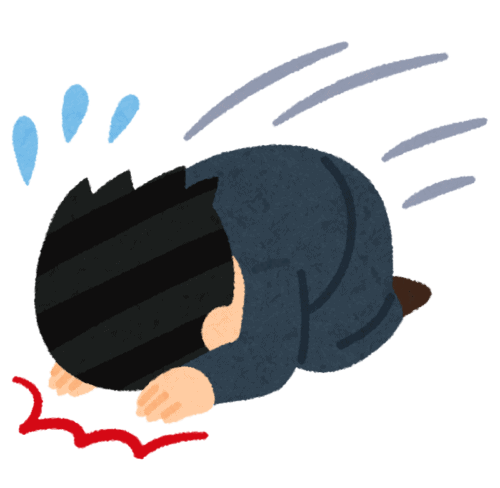



8 Ways To Say I M Sorry In The Japanese Language




Lesson 9 I M Sorry Japanese Sign Language Tutorial 日本の手話 Youtube




The Many Ways To Say Sorry In Japanese c News




How To Pretend To Speak Fluent Japanese




8 Ways Of Saying Sorry In Japanese Learn Japanese Online For Free With Japango
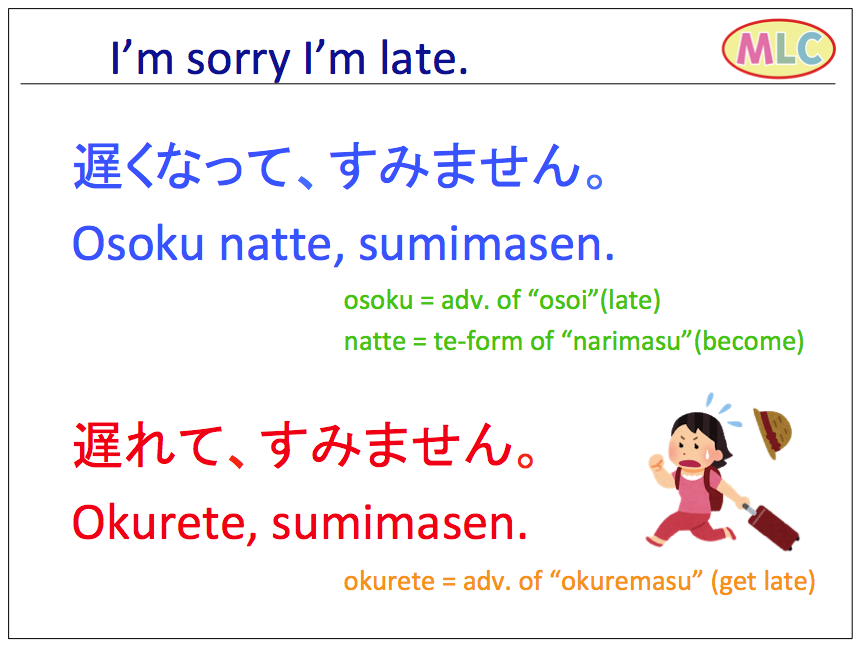



Mlc Japanese School I M Sorry I M Late Audio And Examples T Co Pnizlfnbmy Japanese Language




Learn Basic Japanese How To Say Thankyou Excuse Me And Im Sorry In Japanese Youtube




Translation Of Sumimasen In English Why Native Translators Are Important
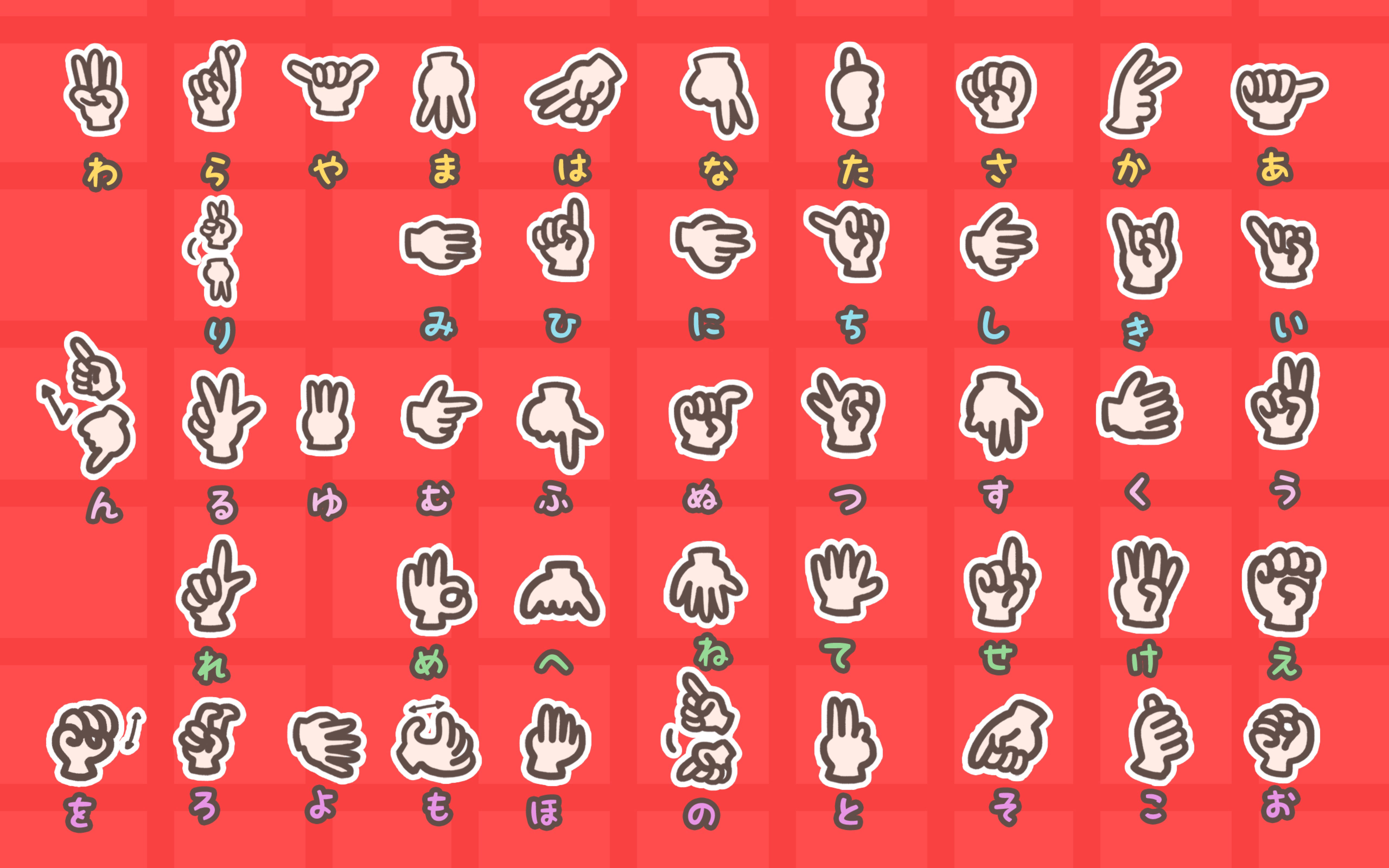



Japanese Sign Language And Being Deaf In Japan



How To Say Sorry In Japanese




Pin En Japanese Sayings Japanese Language




How To Say Sorry In Japanese




Chotto A Little Japanese Word With 7 Different Meanings



Japanese Language Saying Sorry Over And Over Japan All Over Travel Guide



3




How To Say Sorry In Japanese
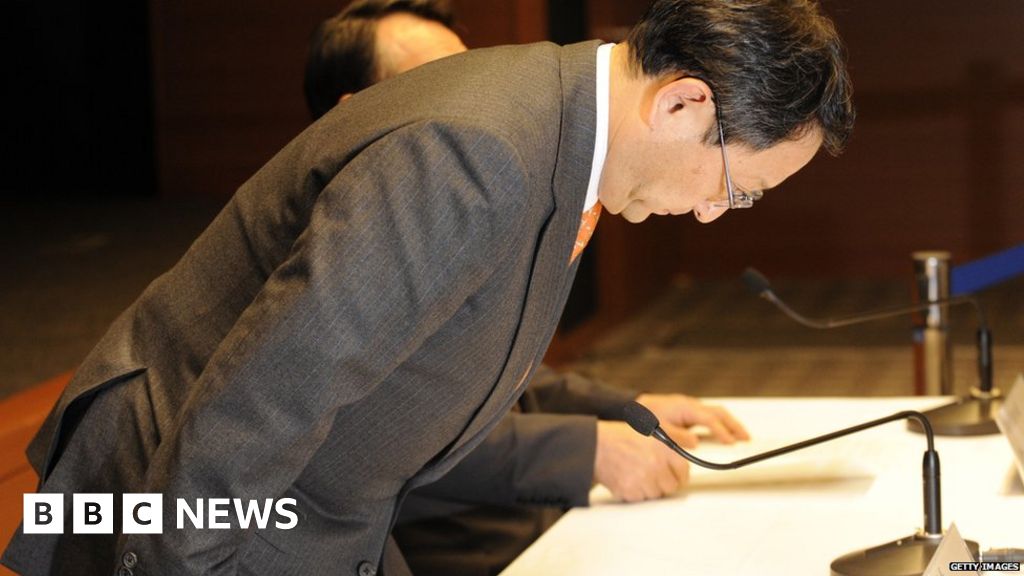



The Many Ways To Say Sorry In Japanese c News




Apologizing The Japanese Way



1




How To Aplogize In Japanese




Learn Japanese Japanesepod101 Com How To Be Truly Sorry In Japanese Ps Sign Up Here To Learn More About Grammar Culture Pronunciation And Japanese Language Learning Tips Www Japanesepod101 Com Src Facebook Special Infographic Sorry




Counting The Ways To Talk About Numbers In Japanese The Japan Times
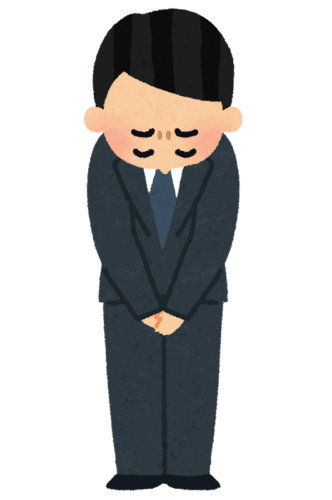



8 Ways To Say I M Sorry In The Japanese Language
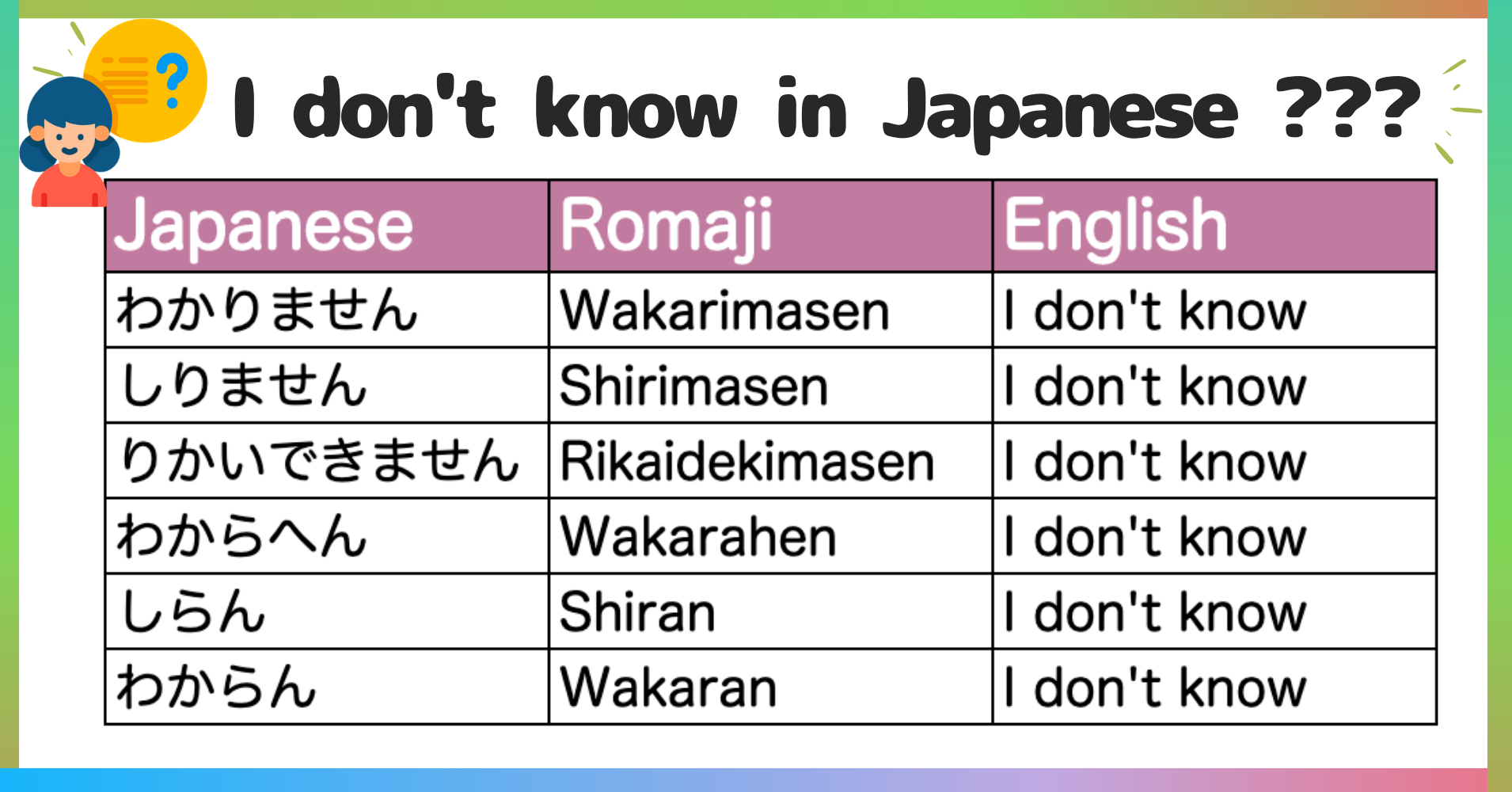



Differences Between Wakaru And Shiru Idk In Japanese
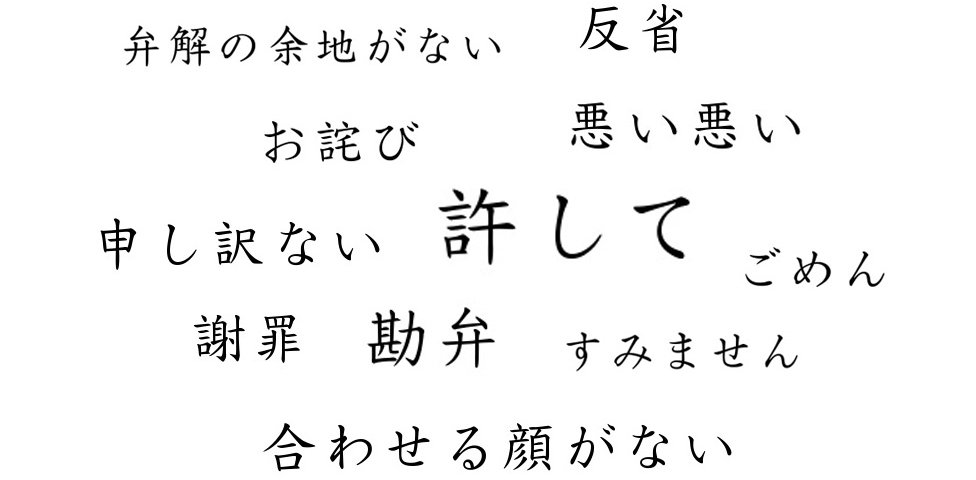



The Many Ways To Say Sorry In Japanese c News



When Respectful Japanese Isn T Respectful




I M Sorry I M Late Mlc Japanese Language School In Tokyo




Ways To Say No In Japanese Language Lesson




What Exactly Is Te Form In Japanese Your Ultimate Guide




Sumimasen Gomennasai The Various Ways To Apologize In Japanese



1




Excuse You How To Say Sorry In Japanese With 17 Expressions
/GettyImages-173806909-5792bbe55f9b58173bdf1d3c.jpg)



How To Say Sorry And Apologize In Japanese




How To Introduce Yourself In Japanese 8 Steps With Pictures




How To Say Sorry In Japanese In A Culture That Apologizes For Everything Wexpats Guide




37 Cool Japanese Words And Phrases To Start Using Now
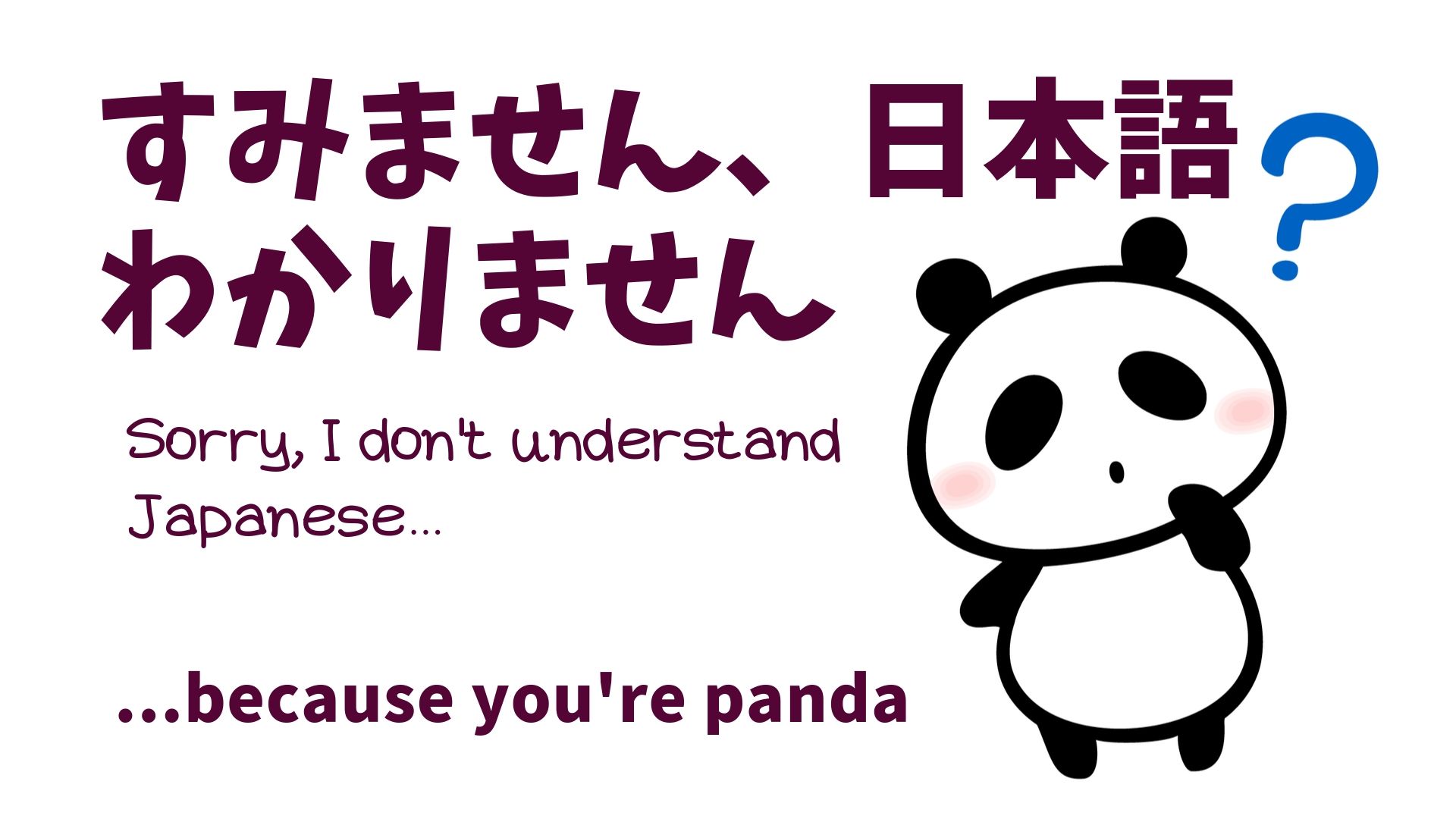



How Do You Say Sorry I Don T Understand Japanese In Japanese Japanesque Cafe



3




8 Ways To Say I M Sorry In The Japanese Language




7 Ways To Apologise In Japanese Learn Japanese Words Basic Japanese Words Japanese Language Learning




How To Say Sorry In Japanese Basic Japanese Phrases Youtube
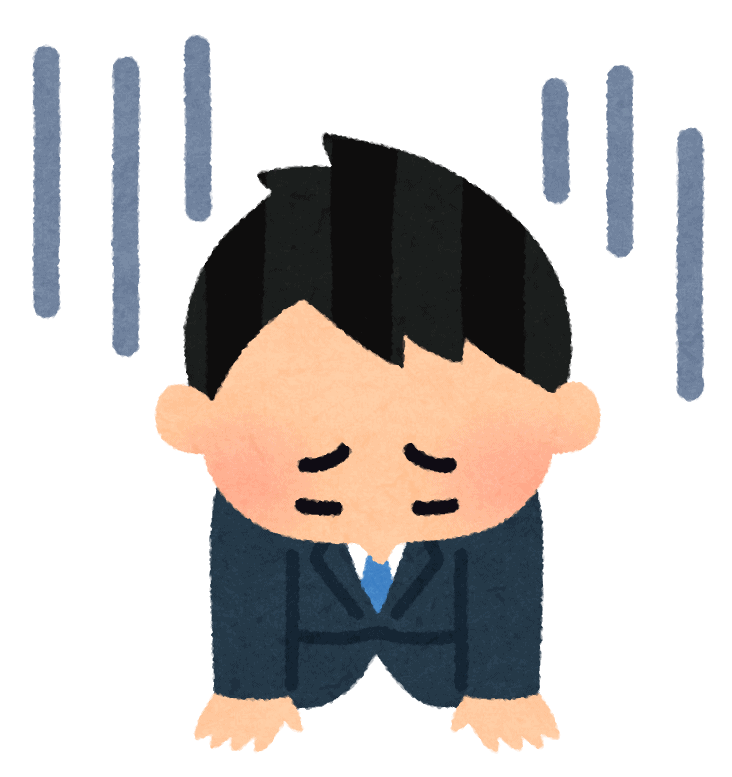



8 Ways To Say I M Sorry In The Japanese Language
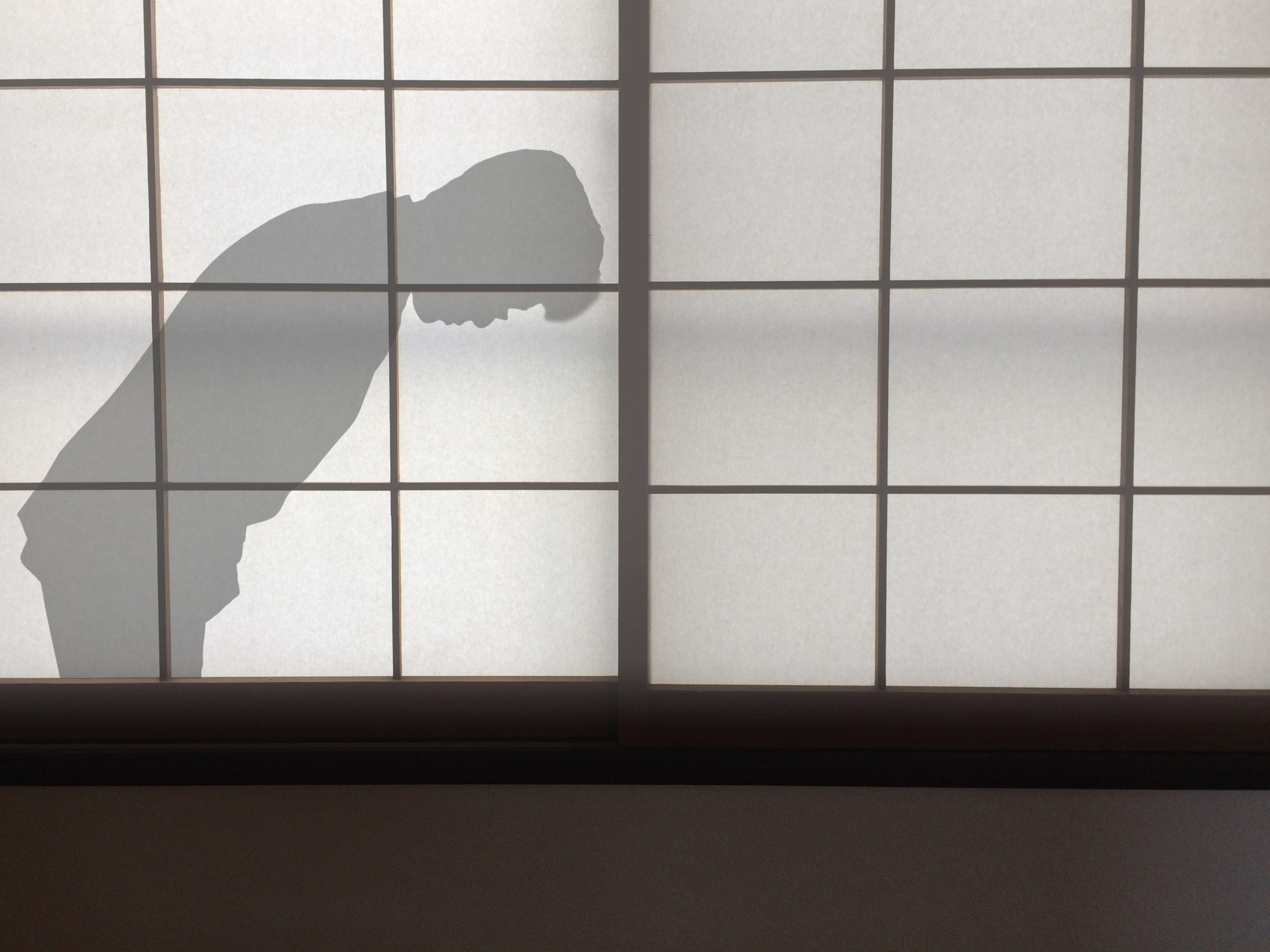



Sorry In Japanese Learn How To Properly Apologize In Japanese
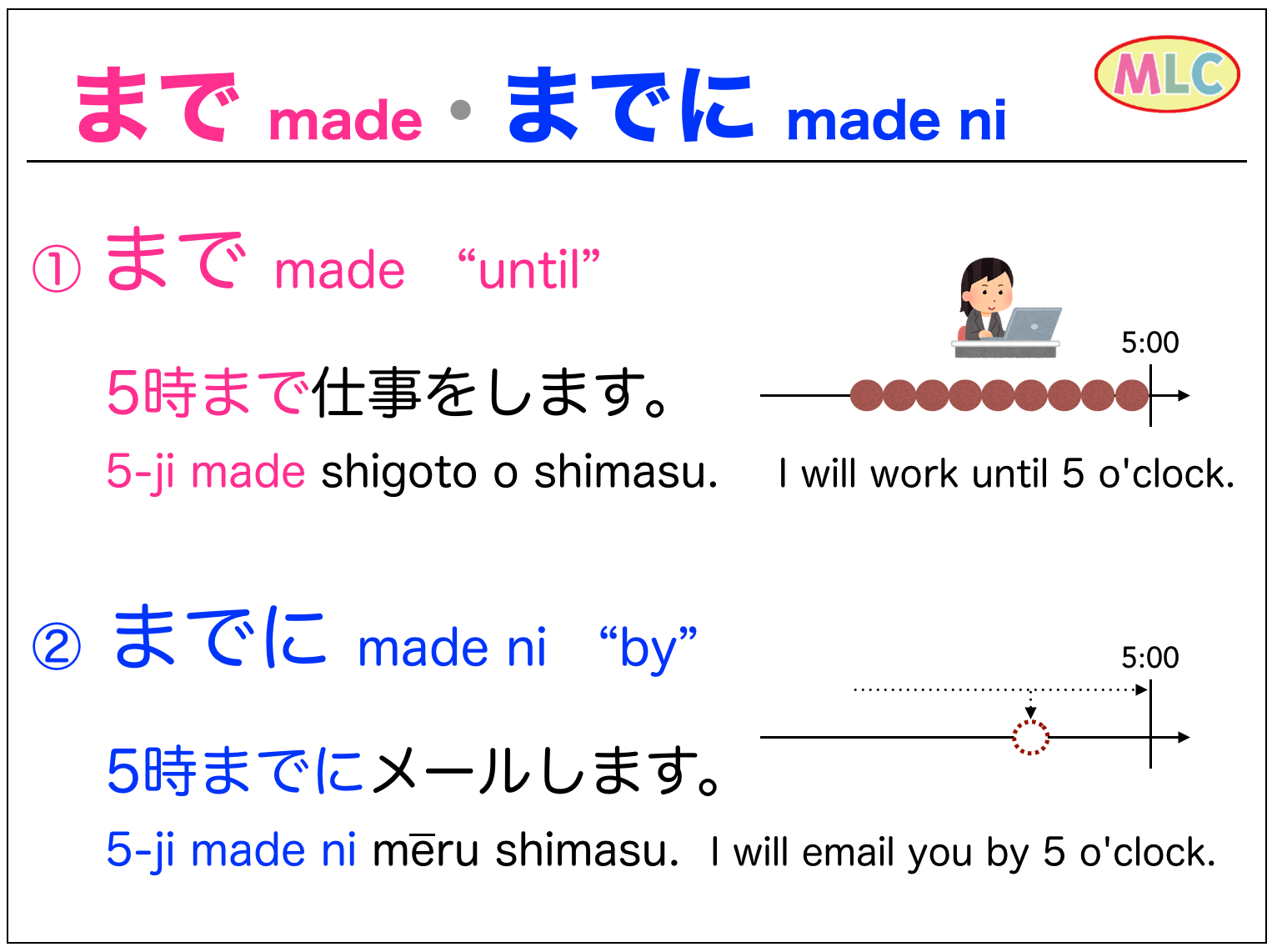



Until By Mlc Japanese Language School In Tokyo




What Is I M Sorry In Japanese Expressing Apology Manga Japan Travel Tips
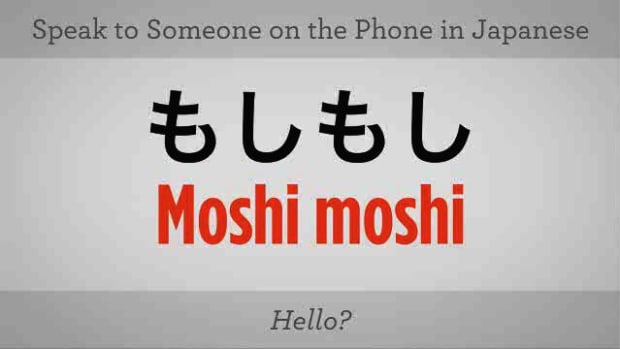



How To Say I M Sorry In Japanese Howcast




Gomen Nasai How To Say I M Sorry In Japanese




Gomen Nasai How To Say I M Sorry In Japanese




Apologizing In Japanese すみません Sumimasen I M Sorry Coto Japanese Academy




Apologizing The Japanese Way




10 Remarkable Ways To Say Sorry In Korean Language Ling App




Sorry For Saying Thank You The Many Uses Of Sumimasen



What Is Sorry In Japanese Quora




Amazon Com 00 Most Common Japanese Words In Context Get Fluent Increase Your Japanese Vocabulary With 00 Japanese Phrases Japanese Language Lessons Lingo Mastery Books
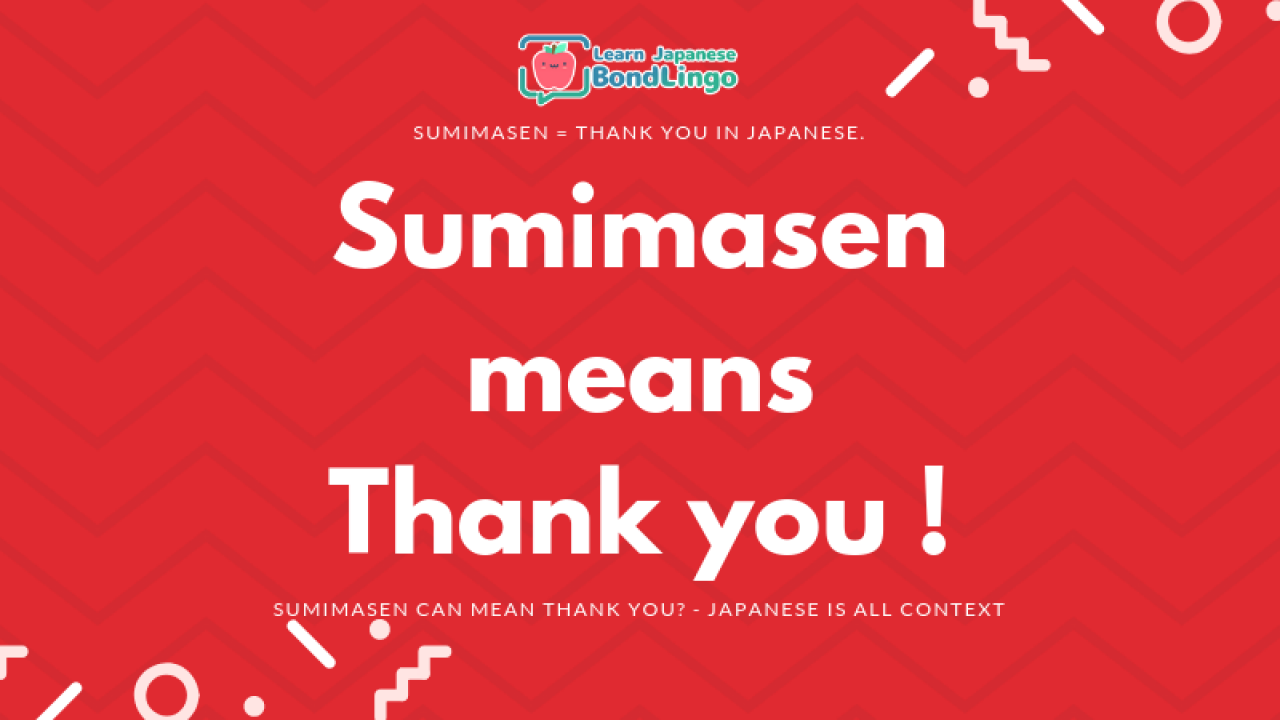



Sumimasen すみません Can Mean Thank You Japanese Is All Context




Japanese Sign Language International Sign Language I M Sorry In Japanese Sign Facebook




Excuse You How To Say Sorry In Japanese With 17 Expressions
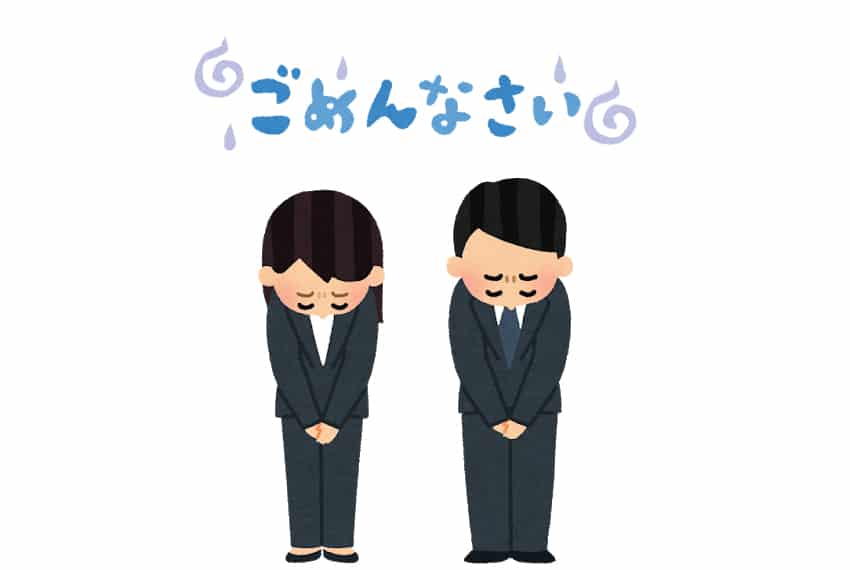



How To Use Gomenasai When You Apologize In Japan




Im Sorry Japanese Korean Words Arghlblargh Korean Words Korean Language Learning Japanese Words




Valiant Japanese Language School Ways To Apologise In Japanese Images Made By Www Instagram Com Valiantjapanese Study Japanese At Www Valiantls Com Facebook




8 Ways To Say I M Sorry In The Japanese Language




Gomenasai An Insight Into A Japanese Apology Yabai The Modern Vibrant Face Of Japan
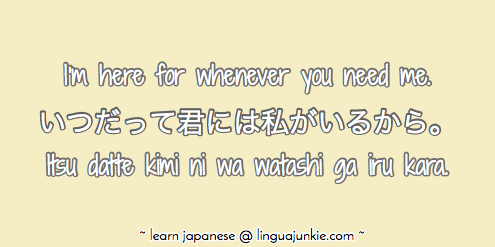



Japanese Phrases Pt 5 Cute Words Phrases In Japanese




Super Useful Phrases In Japanese For Tourists Free Cheat Sheet
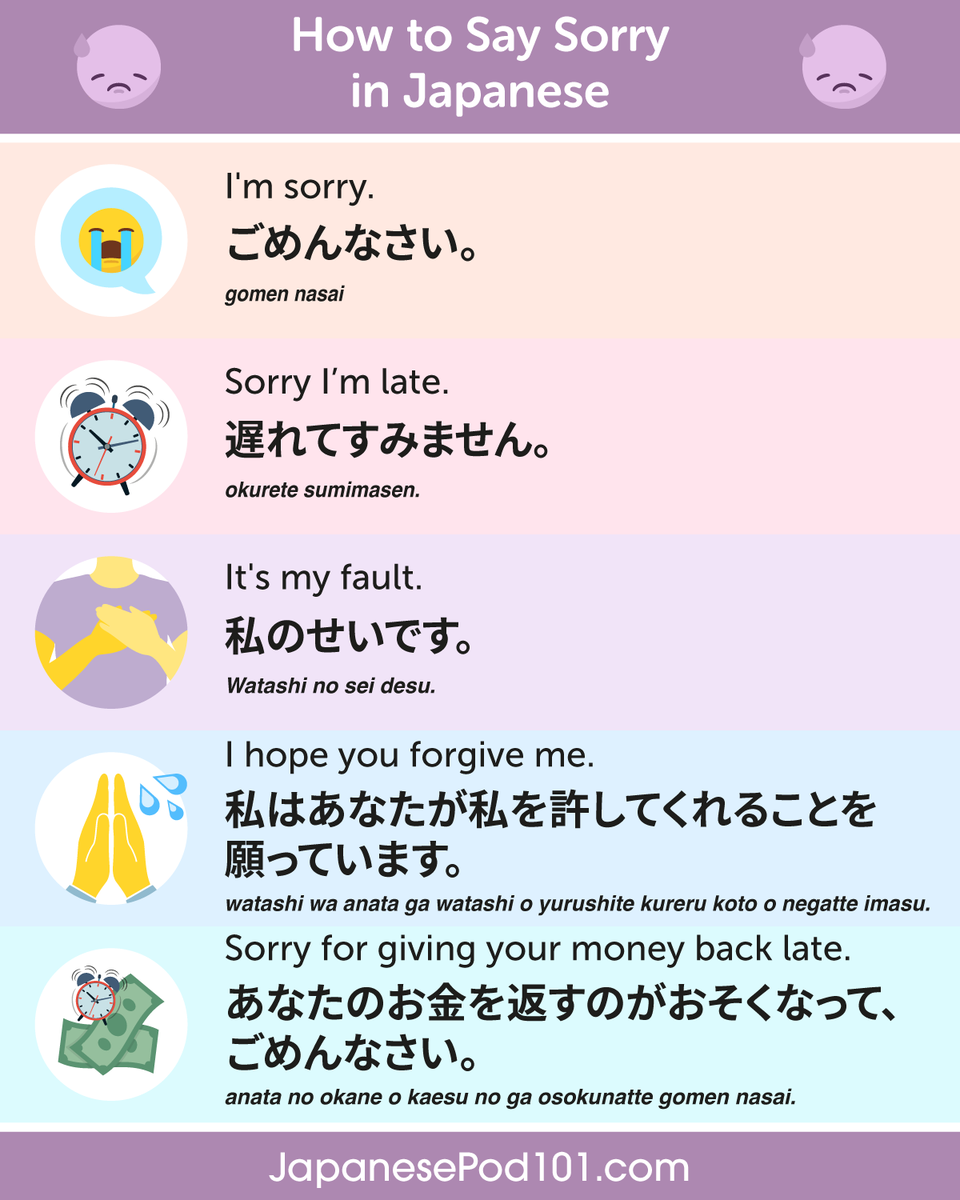



Learn Japanese Japanesepod101 Com How To Say 𝑰 𝒎 𝒔𝒐𝒓𝒓𝒚 In Japanese Don T Forget To Click The Link In Our Bio Japanesepod101 To Learn More Japanese P S Learn How To Read
コメント
コメントを投稿